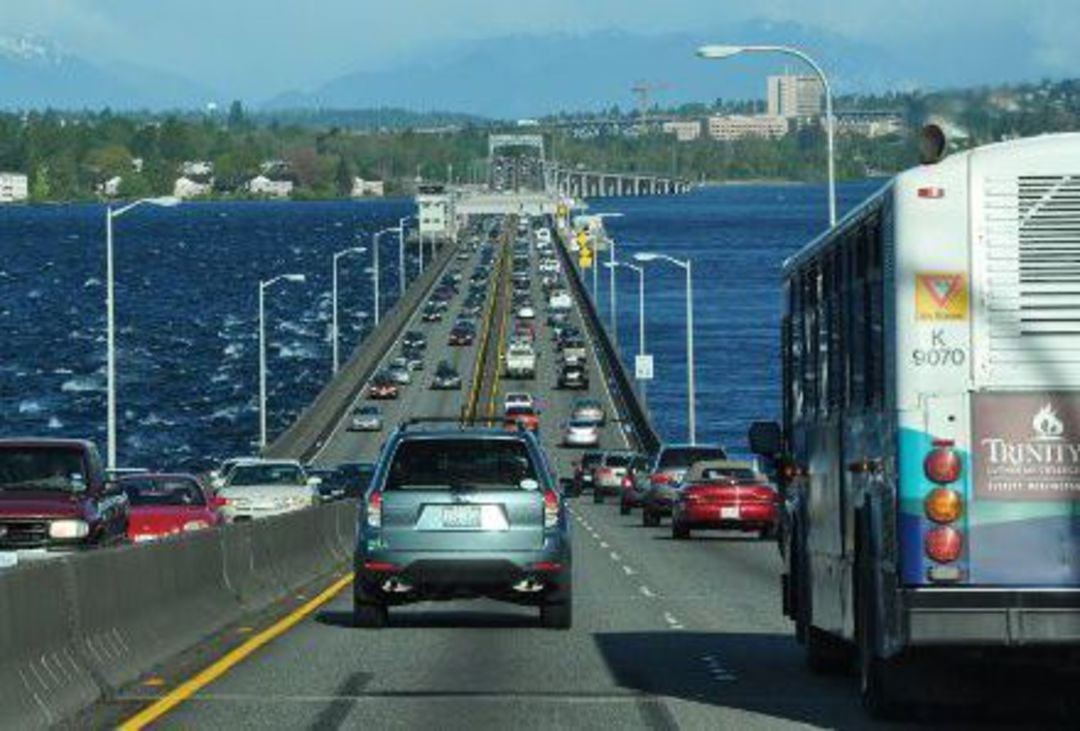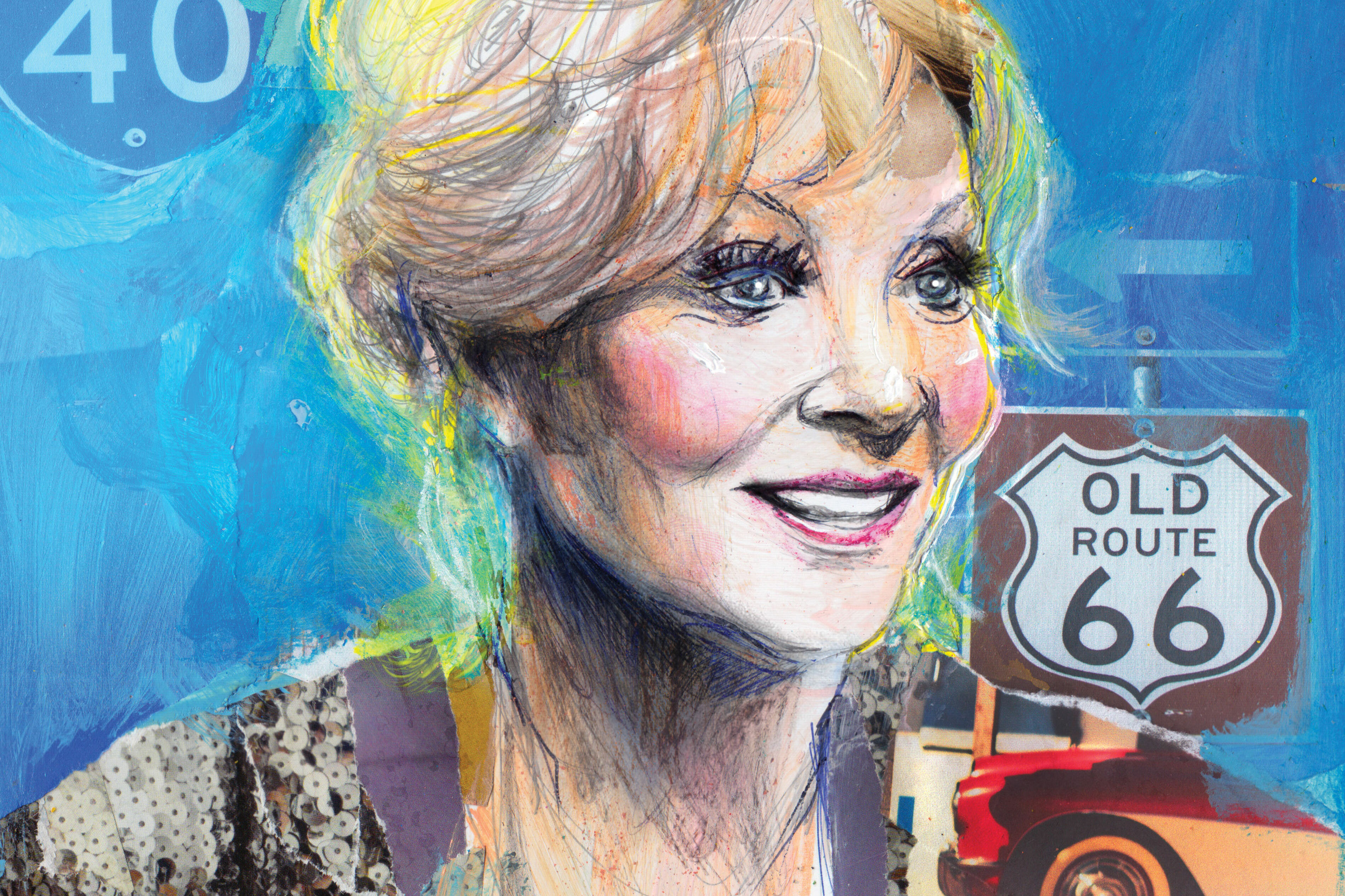On Other Blogs Today: Cracks, Coal, and Cheap Parking

OOBT
1. The Seattle Times reported this morning that cracks in the pontoons that will hold up the planned new 520 bridge will now cost as much as tens of millions of dollars more than anticipated—one of many possible reasons for transportation secretary Paula Hammond's ouster earlier this month.
Hammond tells the Times that WSDOT will seek disciplinary actions against state bridge engineers who she says broke with protocol by failing to run models showing the likelihood that the pontoons would crack.
2. Grist, which has been doing a killer job of covering the debate over a proposed coal-train terminal in Bellingham, outlines nine reasons why China (whose supposedly voracious appetite for coal is usually cited as the justification for the terminal) won't need enough coal to justify the facility. Among them: China already produces nearly all of the coal it consumes; China’s economic growth is slowing; and Chinese society is becoming more aware of coal's impacts on health and water.

Image: WSDOT on Flickr
3. Given the recent resignation of Port Commissioner Rob Holland after a Seattle Times story revealed he had misused his Port credit card, bounced a reimbursement check, and started a business with a convicted sex offender, today might not have been the ideal time for Holland's Port colleague Tom Albro to propose a sevenfold increase in Port Commissioners' salaries—from $6,000 to $42,000 a year.
Albro, quoted in the PI.com, said the higher salary would help attract "qualified" candidates. Serving on the Port Commission is a half-time job that already includes numerous perks, including free trips to locations around the world.
4. Sightline reports favorably on a new King County Metro policy that allows people to bring open strollers on the bus (instead of folding them and placing them out of other riders' way), but we aren't so enthusiastic about it.
Bus aisles are narrow enough as it is without SUV-style strollers blocking other riders' paths.
5. Here's a no-brainer (though one that still apparently needs to be pointed out), courtesy of Seattle Transit Blog: If you price parking based on demand, you can also adjust the price of parking based on demand—meaning that if you price it too high and people don't use it, you can lower the price; or if you price it too low and too many people use it, you can increase the price.
This, as I've pointed out, is something the city does all the time—and not, as the Seattle Times inaccurately reported, "in one neighborhood," Chinatown, where the city recently reduced parking rates.
My favorite part of STB's post:
Here’s local restauranteur Tom Douglas, as quoted in the Times:
"It costs more to park in front of Wild Ginger than the Dahlia Lounge and more to park in front of the Dahlia Lounge than Tai Tung (in the International District). It’s nonsense and it’s self-defeating,” Douglas said.
We don’t know if there’s more to that quote that clarifies why Mr. Douglas thinks setting prices according to demand is “nonsense.” Nevertheless, parking outside Dahlia Lounge costs $2.50 per hour. The Mixed baby lettuces with lemon, parmesan, goat cheese crostini on the dinner menu will set you back $9. Just to keep things in perspective.
6. Finally, the Times has a piece on a new series of robo-calls apparently aimed at gauging voters' familiarity with various city council members.
Our only question: What's a "home answering machine," and what happens when it "lights up"?




